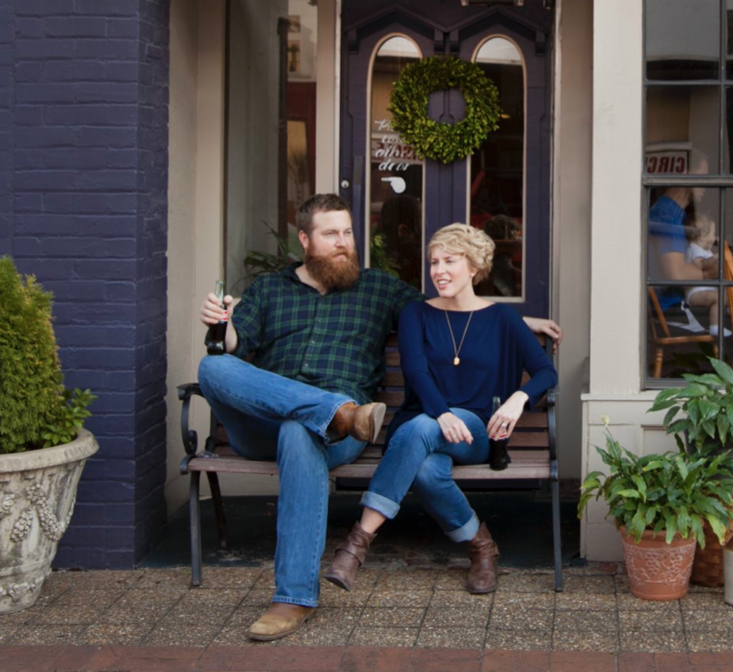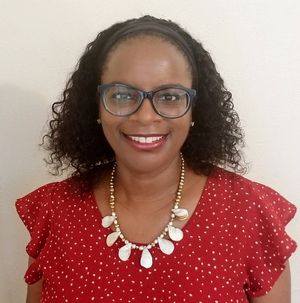We write a lot about racism, equality, and bigotry here at Our Human Family. For the most part, we write to not only identify social inequity, but to offer strategies on how to combat racism, sexism, homophobia, ageism, and . . . well, you get the picture. We’re about sharing ways people can reconcile their preconceived misconceptions with reality, and demonstrating how to form more equitable relationships.
Merriam-Webster defines reconciliation as the restoration of friendly relations or harmony. Judging from the state of the increasingly unfriendly world in which we live, we could all use a lot more reconciliation. It’s important to note that reconciliation doesn’t take place in a vacuum. It originates in the hearts of individuals who reach out to repair the breach, first between themselves and others; then, they foster reconciliation between others. The almost magical thing about reconciliation is that it paves the way for equality.
But what does community look like in the wake of reconciliation and equality? It looks a lot like the small town depicted in HGTV’s Home Town, with hosts Ben and Erin Napier leading the charge for home renovation, equality, and inclusion.
Related: “Erin Napier’s Bio”
I’d be remiss if I didn’t mention how much the affable young marrieds remind me of hipster meets down-home versions of Tinker Bell (a la Disney’s Peter Pan) and a young Kris Kringle (from the Rankin-Bass classic, Santa Claus is Coming to Town). Each of them is personable and wildly talented. Put them together on camera, and they have genuine chemistry that can’t be manufactured. And it shows.
After watching the first few episodes, I discovered the show takes place in Laurel, Mississippi, a cute enough hamlet that’s part Mayberry and part Norman Rockwell. The town’s historic and unassuming downtown reminds me of 1940s Orlando. Decades-old trees line residential streets and hem in a plethora of craftsman bungalows awaiting a second chance to become someone’s dream home.
Now, as someone who writes about racism, in my opinion, the great state of Mississippi doesn’t have a very good reputation (in my opinion), given its history of racial divisiveness, but I set my biases aside as Erin’s grandmillennial aesthetic and Ben’s carpentry magic lured me in.
Related: “Erin Napier Is an Early Adopter of the Grandmillennial Trend”
But the thing that captivated me about the show—in addition to Ben and Erin’s commitment to making old things new again without stripping away every shred of its original character and instead creating some eye-popping renovations—Home Town showcases a wide variety of clients: young marrieds, empty-nesters, bachelors, bachelorettes, White couples, Black couples, Mixed-race couples, same-sex couples, and single moms and dads.
You see, as a forty-eight-inch tall, Black, Christian, gay man, diversity and inclusion are important to me. Ben and Erin extend a level of respect and care to their clients that says we see you, we accept as you are, and we welcome you to our community. I get the impression that, on a visceral level, the showrunners, the hosts, and the townspeople of Laurel understand that everyone wants the same things: to be accepted, to be understood, and to be loved.
Related: “Ben Napier’s Bio”
In one episode, Johnny Magee, the town’s Black mayor, shows up with a few of the townspeople to welcome one of their own to her new home. They didn’t have to show that moment, it could’ve been left on the cutting room floor and replaced by glamor shots of interiors or products. But they showed it. And the implications for The Magnolia State are wonderfully obvious.
Shots of Laurel abound in the show, everything from secret fishing spots to favorite eateries to a massive mural honoring the celebrated American classical singer and Laurel native, Leontyne Price, the first Black woman to perform in a leading role with the Metropolitan Opera. Again, the directors, the editors, the Napiers, or powers that be could have dropped the shot, but someone made it a point that that didn’t happen.
Home Town, Ben and Erin Napier, and their Laurel craftsmen and cohorts are dedicated to more than renovating houses or even revitalizing a historic district. They’re about something much bigger: treating people who don’t look, love, or live exactly the way they do with the respect and care they deserve. From my couch, it looks like they’re changing the face of Mississippi by building a diverse and inclusive community one house at a time. And that’s the best thing to happen to HGTV—and Mississippi—in a long time.
Love one another.












Member discussion